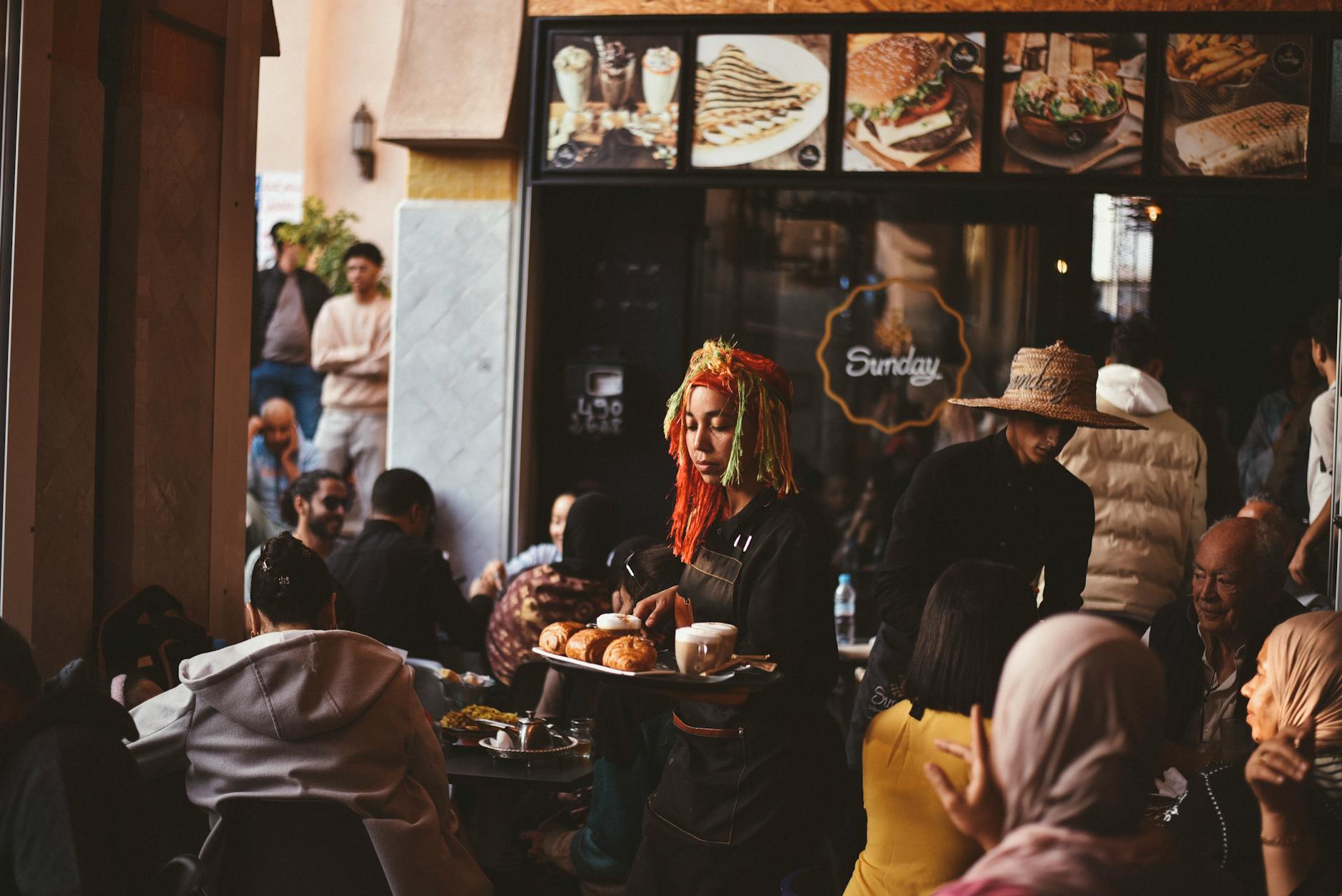Sunday Morning in Georgia: The Intersection of Faith, Food, and Community

If you want to solve the puzzle of how a small Southern town works, a good place to start is a church on a Sunday morning. Growing up in Korea, I was familiar with the large, dynamic churches of Seoul. But here in Statesboro, in the heart of what’s known as the Bible Belt, I’ve learned that the church often plays a much more central and all-encompassing role in the life of the community.
My first real insight into this came when a friend invited me to her family's Baptist church. The service itself was full of passionate music and a powerful sermon. But what struck me most was what happened after the service. It was called a "potluck dinner," and it seemed like the entire congregation stayed. The church’s fellowship hall was transformed into a massive banquet, with long tables groaning under the weight of dozens of homemade dishes: fried chicken, macaroni and cheese, green bean casseroles, and a truly amazing variety of cakes and pies.
This is where the real life of the church seemed to happen. People didn't just eat; they checked in on elderly members, they organized help for a family whose house had been damaged in a storm, they celebrated a student's graduation. It was a social safety net, a community center, and a family gathering all in one. In an increasingly disconnected world, the church provides a powerful source of connection and belonging.
I’ve seen this in my own Korean-American community as well. The Korean churches in Georgia serve a dual purpose. They are, of course, places of worship. But for first-generation immigrants, they are also essential cultural centers. It’s where they can speak their native language, share traditional foods, and connect with others who understand the unique challenges of navigating a new country. It’s where business connections are made, where new arrivals get help finding an apartment, and where the older generation works to pass on Korean language and culture to their American-born children.
This dual role, both spiritual and social, is a powerful force. It shows how communities are built and sustained. In both the American Baptist church and the Korean Presbyterian church, I saw the same fundamental human need being met: the need for a place to belong.
Of course, the deep influence of the church in the South has a complex history and isn't without its controversies, particularly in politics. But on a personal level, understanding the role of the Sunday morning gathering has been like finding a key piece to the puzzle of Southern culture. It has taught me that to understand this place, you have to understand that for many, faith isn't just a private belief. It’s a public, shared experience that provides the very structure for their community.
